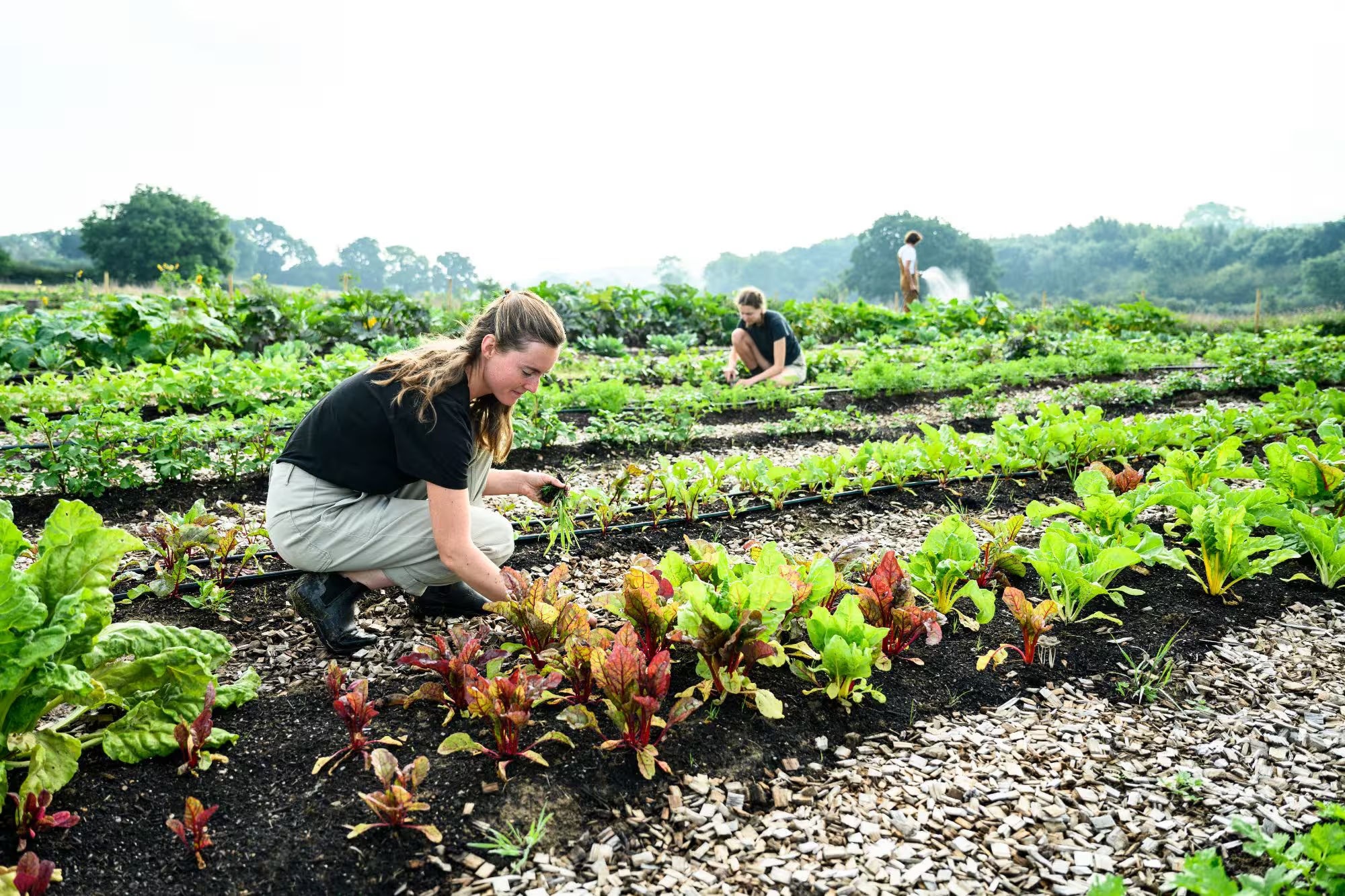Healthy Soil, Health Food, Healthy People (H3): evaluating the effects of a transition to regenerative agriculture on soils, biodiversity, ecosystem services and food quality.

Advocates of regenerative agriculture believe that these farming practices benefit soils, predominantly because they enable organic matter to accumulate. The higher levels of organic matter confer different physical and chemical properties to the soil, which also make it more resilient to changing weather patterns by improving drainage in wet conditions, and through retaining moisture in dry conditions.
Whilst some farmers have started to adopt regenerative farming practices, and may have experienced some of these benefits, the effects have not been scientifically studied at the landscape scale. The H3 research aims to understand the beneficial effects of regenerative agriculture through the scientific study of soil, wider environmental outcomes and food quality in two UK landscapes. A social science component of the research seeks to understand the diversity of views on ‘regenerative agriculture’ and the drivers and barriers to farmers changing their farming practices, supporting them through the life of the project using peer learning and knowledge exchange activities, both within and beyond the farm clusters where the research is taking place. The research will also analyse the impact of new policy initiatives including the Environmental Landscape Management (ELM) scheme involving the investment of ‘public money for public goods’.
